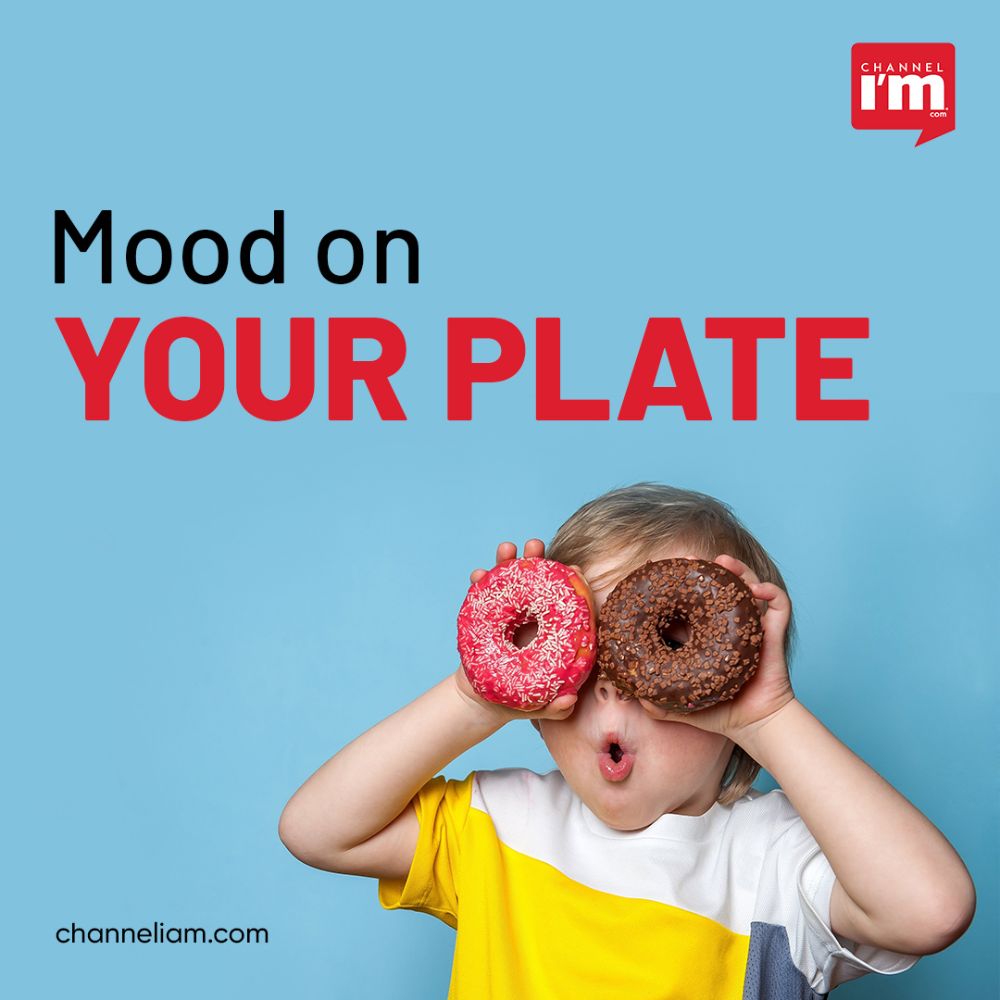Fueling Your Mood
We all have unique ways of dealing with stress and emotions, and for some, food becomes an integral part of that response. Whether it’s binge eating or loss of appetite, our food choices can impact our mood. Surprisingly, what and how we eat can significantly influence how we feel. So, the next time you’re feeling down, think twice before reaching for that candy bar. Here’s why.

Food as Fuel

Our brain is a remarkable machine that works tirelessly to keep us functioning. But like any machine, it needs fuel to perform optimally. That fuel comes from the food we eat. However, not all calories are created equal, and the quality of our food matters. Just as a high-quality fuel ensures a smooth ride for a vehicle, nourishing our bodies with wholesome food leads to better overall well-being.
The Good and the Bad for Your Mood

Certain foods have a positive impact on our mood, while others can leave us feeling sluggish and unhappy. Understanding the types of food that contribute to a good mood is essential for maintaining emotional balance. Fresh fruits and vegetables, nuts, high-fibre foods, whole grains, protein, and micronutrients like magnesium are all beneficial for boosting mood. On the other hand, highly processed foods, fast food, sugary snacks, excessive sugar, and caffeine can have negative effects on our emotional state.
How Diet Affects Your Mood
The relationship between our diet and mood is not merely coincidental. There are specific mechanisms at play that connect what we eat to how we feel. Understanding these connections can help us make informed choices about our dietary habits.

Stress and Cravings: When we’re stressed, our bodies release cortisol, the fight-or-flight hormone. This hormone depletes our energy and lowers blood sugar levels, leading to fatigue. In response, our bodies release glucocorticoids, which make us crave sugar and carbs to replenish lost energy.
Serotonin and Gut Health: Serotonin, often referred to as the “feel-good” hormone, plays a crucial role in regulating mood, appetite, and sleep. Surprisingly, about 95% of serotonin is produced in the digestive tract, making our gut health essential for its production. Unhealthy eating habits can disrupt gut microbiome, leading to inflammation and hindering serotonin production.
The Hangry Phenomenon: We’ve all experienced the “hangry” feeling when hunger triggers irritability. When our blood sugar levels drop due to hunger, our bodies release cortisol and epinephrine, which can make us feel grumpy and aggressive. This is why maintaining regular, balanced meals is crucial for stable moods.
Choosing the Right Foods for Better Mood
When stress strikes, it’s important to choose foods that can improve our mood without compromising our overall health. Here are some mood-boosting foods that you can turn to:
Nuts: Packed with magnesium to combat stress, omega-3 fatty acids to alleviate depression, and tryptophan for balance, nuts are an excellent snack for emotional well-being.

Dark Chocolate: Indulge your sweet tooth with dark chocolate, which stimulates serotonin production and contains antioxidants that benefit both body and mind.

Strawberries: These vibrant berries are high in fibre and vitamin C, helping reduce cortisol levels and promote stress reduction in the body.

Rooibos Tea: Brew a cup of flavorful rooibos tea to combat stress hormones and enjoy its fat-fighting properties, thanks to the presence of aspalathin.

Our food choices not only impact our physical health but also play a significant role in our emotional well-being. Understanding the connection between food and mood empowers us to make better choices and cultivate healthier eating habits. By fueling our bodies with high-quality foods, such as fresh fruits, vegetables, nuts, and whole grains, we can provide the necessary nutrients to support our brain function and overall mood stability.

Conversely, indulging in highly processed foods, excessive sugar, and caffeine can lead to negative mood effects, energy crashes, and long-term health issues. It’s essential to be mindful of what we consume and how it affects our emotional state.
By recognizing the ways in which our diet influences stress levels, cravings, serotonin production, and even the dreaded “hangry” feeling, we can make informed decisions about our food choices. Incorporating mood-boosting foods like nuts, dark chocolate, strawberries, and rooibos tea into our diets can help promote emotional well-being and provide a healthier alternative to immediate but temporary relief.

Remember, food is not only fuel for our bodies but also has a profound impact on our mental and emotional states. By nourishing ourselves with wholesome, nutrient-rich foods, we can fuel our mood and cultivate a healthier relationship with both food and our emotions.
